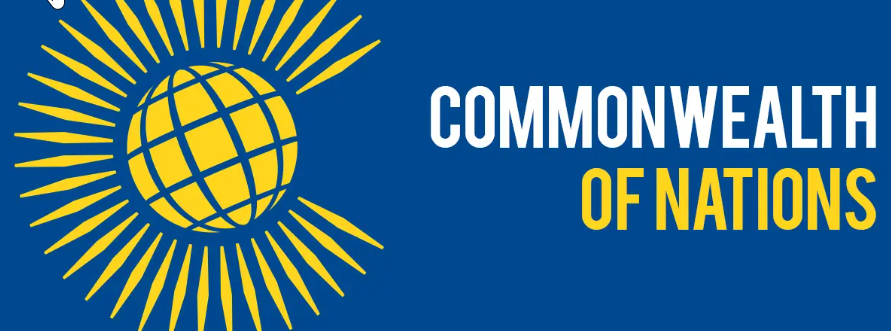Member States of the Commonwealth of Nations
The Commonwealth of Nations, often referred to as the Commonwealth, is a voluntary association of 56 independent and sovereign states, most of which are former territories of the British Empire. The member states of the Commonwealth span Africa, Asia, the Americas, Europe, and the Pacific, and have a combined population of 2.5 billion people, representing nearly one-third of the world’s population.
History
The Commonwealth was formally constituted by the Statute of Westminster in 1931, which established the independence and sovereignty of the Dominions, including Canada, Australia, New Zealand, South Africa, Ireland, and Newfoundland. The modern Commonwealth was born in 1949 with the London Declaration, which outlined the core principles and values of the association, including democracy, human rights, and the rule of law.
Membership Criteria
To become a member of the Commonwealth, a country must have a historical constitutional association with an existing Commonwealth member, accept the English language as the means of Commonwealth communication, and recognize Queen Elizabeth II as the Head of the Commonwealth. However, membership is based on free and equal voluntary cooperation, and member states have no legal obligations to one another.
List of Member States
As of 2023, the Commonwealth comprises 56 member states. Some of them are Australia, Antigua and Barbuda, The Bahamas, Bangladesh, Barbados, Belize, India, Kenya, New Zealand, Pakistan, Nigeria and many more.
Two countries, Gabon and Togo, joined the Commonwealth in 2022 despite having no historical ties to the British Empire.
Commonwealth Heads of Government Meeting (CHOGM)
The Commonwealth Heads of Government Meeting (CHOGM) is a biennial summit attended by the heads of government of all Commonwealth member states. The meeting is chaired by the Head of the Commonwealth, currently Queen Elizabeth II, and provides an opportunity for leaders to discuss global and Commonwealth issues and agree on collective policies and initiatives.
Commonwealth Secretariat
The Commonwealth Secretariat, based in London, is the main intergovernmental agency and central institution of the Commonwealth. It facilitates cooperation between member states and organizes meetings, including the CHOGM. The Secretariat is headed by the Commonwealth Secretary-General, who is appointed by the Commonwealth Heads of Government.
Commonwealth Organizations
In addition to the Secretariat, the Commonwealth has several associated organizations, such as the Commonwealth Foundation, the Commonwealth Games Federation, and the Commonwealth of Learning. These organizations promote cooperation in various fields, including education, sports, culture, and professional development.
Role and Influence
The Commonwealth plays a significant role in promoting democracy, human rights, and sustainable development among its member states. It serves as a forum for cooperation, dialogue, and the sharing of best practices, and has been instrumental in supporting the development of democratic institutions, the rule of law, and good governance in member countries. The Commonwealth also provides technical assistance and capacity-building support to member states in various areas, such as education, health, trade, and climate change.


